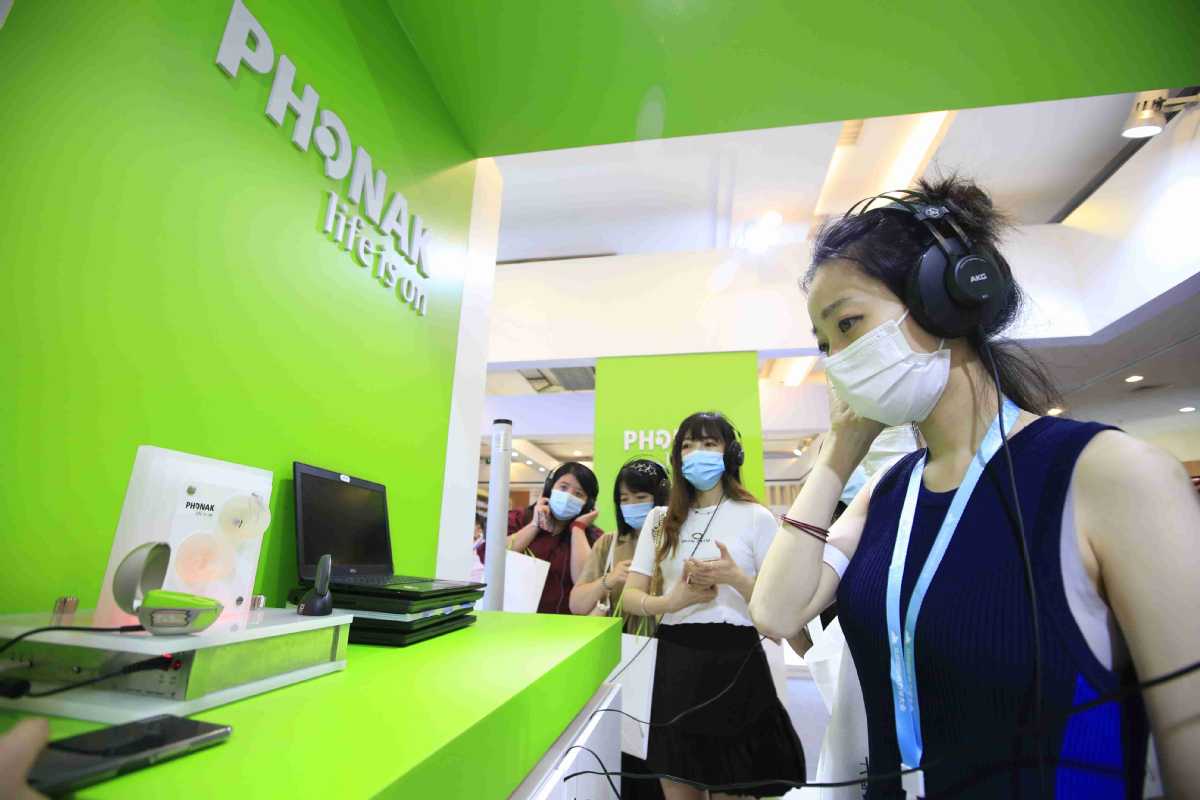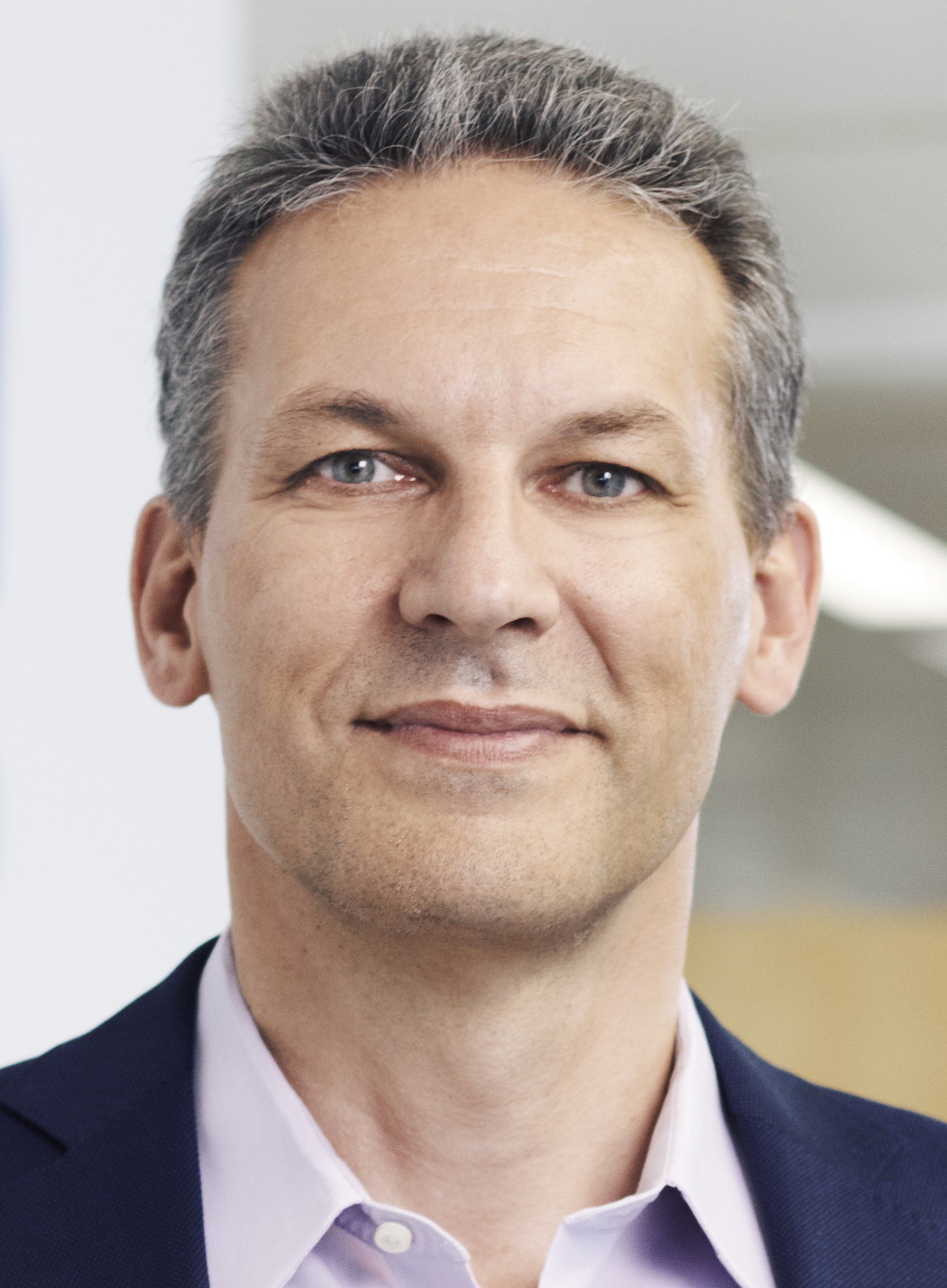Sonova listens as demand for hearing care gets louder


Swiss company inks deal with Boao Lecheng pilot zone for China expansion
Switzerland-based Sonova Holding AG, the biggest hearing care solutions provider globally, said it will continue to expand development in China with the company paying high attention to the Chinese market after the optimization of COVID-19 response measures.
Last week, Sonova signed a strategic cooperation agreement with the Boao Lecheng International Medical Tourism Pilot Zone, China's first and only special medical zone located in the southern island province of Hainan.
The two sides will improve access to hearing care, including projects to expand the availability of hearing screenings, physical examinations and diagnosis. They will also expand the hearing service network to further improve the quality and standard of treatment in hearing healthcare, cultivate more Chinese hearing care professionals and set up a maintenance center to further enhance local innovation and service capabilities.
In the face of significant business opportunities due to the growth of the medical and healthcare industry during the 14th Five-Year Plan period (2021-25), Hainan, as a pilot free trade zone, has improved provisions for international high-end medical services with high-standard opening-up.

"We highly value and recognize the practices in Hainan, especially the successful initiatives of Boao Lecheng to introduce innovative technologies, improve the level of cutting-edge medical services and actively create a fertile ground for R&D and high-quality research in clinical standards," said Arnd Kaldowski, CEO of Sonova.
"With the further development of China's economy, the demand of the Chinese people for hearing health solutions will increase rapidly. Sonova is committed to the long-term development in the country and looks forward to benefiting more people with hearing loss and those who care about hearing health," Kaldowski said.
Since Sonova entered the China market in the early 2000s, the company has set up facilities in the country and has been consistently introducing innovative technologies. It operates one of the company's largest manufacturing bases in Suzhou, Jiangsu province, and the factory exports a large number of hearing aid products around the globe.
Lyu Xiaolei, an official with the Lecheng zone's administration, said Boao Lecheng aims to build a medical industry ecosystem, enable international pharmaceutical manufacturers, medical institutions, expert teams and various market entities on the supply chain to share resources, and jointly promote the implementation of innovative solutions through the platform.
So far, the zone has established relations with some 80 medical device and drug manufacturers in 18 countries, according to the local government.
During the 2021-22 fiscal year, Sonova's global sales revenue came in at 3.36 billion Swiss francs ($3.76 billion), up 29.3 percent year-on-year, with a strong increase supported by the solid market recovery. Sales in the Asia-Pacific accounted for 10 percent of total revenue, with specific numbers from China undisclosed, according to its annual earnings report.
According to a projection by the World Health Organization concerning China's population base, the number of people aged 65 and above experiencing hearing difficulty in the country has exceeded 50 million. In an increasingly aging society, the number of elderly people who might experience hearing loss may grow further.
Yet the penetration rate of hearing solutions in China is quite low. About 60 percent to 80 percent of people with hearing difficulties are not using hearing aid devices, according to the European Hearing Instrument Manufacturers Association.
Sonova said it would continue to scale up the introduction of innovative hearing technology in China and expand its hearing healthcare service network to meet the growing demand.
Meanwhile, Phonak, a major hearing solutions brand under Sonova, recently announced that its next generation of hearing aids would be powered by its latest Lumity platform. The new hearing aid platform is designed to improve speech recognition with background noise, the company said.




































